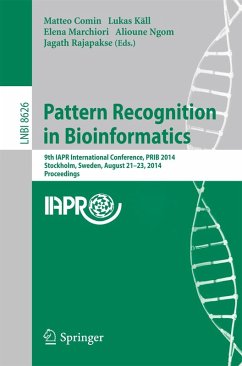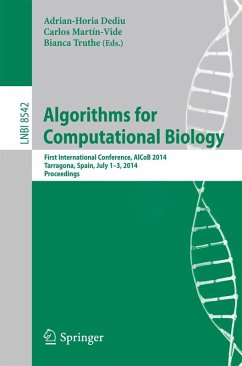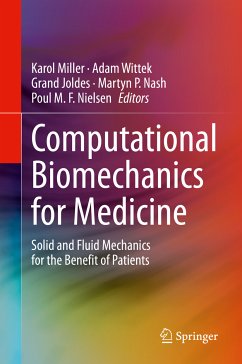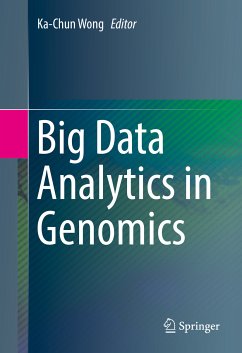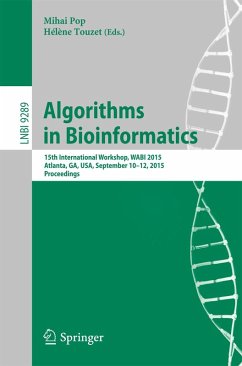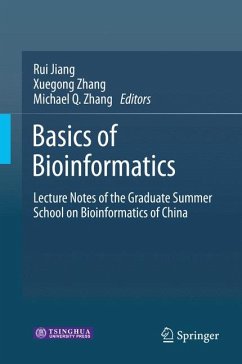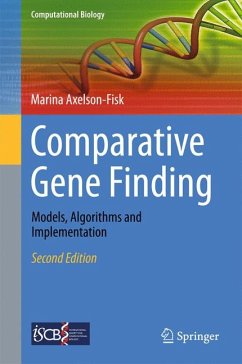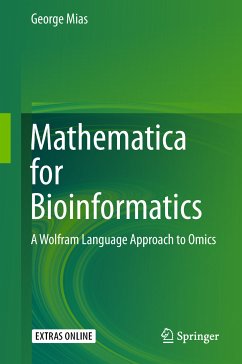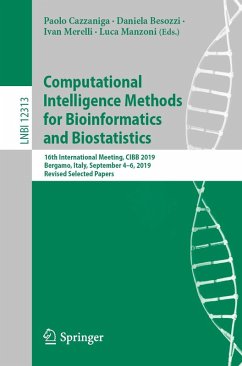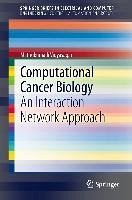
Computational Cancer Biology (eBook, PDF)
An Interaction Network Approach
Versandkostenfrei!
Sofort per Download lieferbar
40,95 €
inkl. MwSt.
Weitere Ausgaben:

PAYBACK Punkte
20 °P sammeln!
This brief introduces people with a basic background in probability theory to various problems in cancer biology that are amenable to analysis using methods of probability theory and statistics. The title mentions "cancer biology" and the specific illustrative applications reference cancer data but the methods themselves are more broadly applicable to all aspects of computational biology. Aside from providing a self-contained introduction to basic biology and to cancer, the brief describes four specific problems in cancer biology that are amenable to the application of probability-based method...
This brief introduces people with a basic background in probability theory to various problems in cancer biology that are amenable to analysis using methods of probability theory and statistics. The title mentions "cancer biology" and the specific illustrative applications reference cancer data but the methods themselves are more broadly applicable to all aspects of computational biology. Aside from providing a self-contained introduction to basic biology and to cancer, the brief describes four specific problems in cancer biology that are amenable to the application of probability-based methods. The application of these methods is illustrated by applying each of them to actual data from the biology literature. After reading the brief, engineers and mathematicians should be able to collaborate fruitfully with their biologist colleagues on a wide variety of problems.
Dieser Download kann aus rechtlichen Gründen nur mit Rechnungsadresse in A, B, BG, CY, CZ, D, DK, EW, E, FIN, F, GR, HR, H, IRL, I, LT, L, LR, M, NL, PL, P, R, S, SLO, SK ausgeliefert werden.



